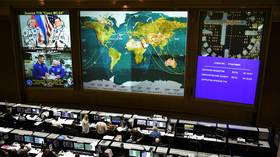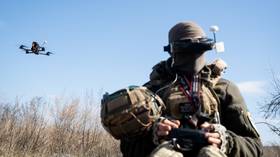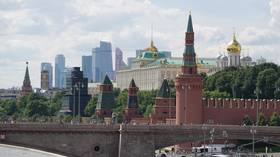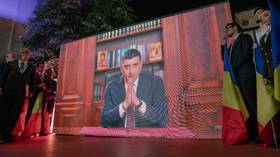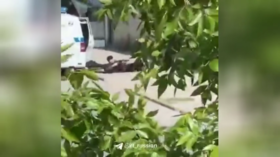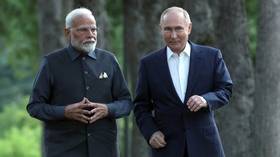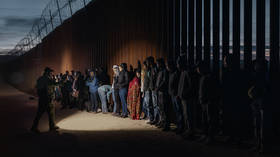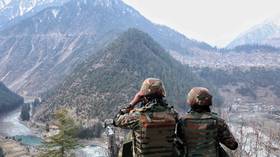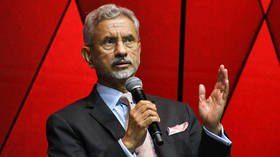NASA warns that Russia module may be isolated from rest of space station
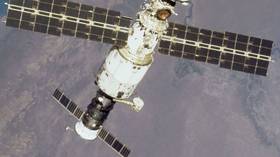
A Russian International Space Station (ISS) module has been experiencing air leaks and may need to be permanently isolated from the rest of the facility, NASA has announced.
Robyn Gatens, the space agency official in charge of American participation in the ISS program, shared the news at a meeting on Tuesday. She warned that the Russian module Zvezda (“Star”), launched in 2000 and built on a frame dating from the 1980s, has been leaking air, and said that if the problem is not fixed, the module may have to be permanently isolated from the rest of the space station.
“In the worst case scenario we can permanently isolate this module. The leakage is so slight, it’s difficult for detectors and ultrasonic equipment to find,” she explained, adding that Russian and American specialists are currently searching for the places where the leaks are occurring.
In response to Gatens’ comments, Russia’s space agency Roscosmos said that the leaks had all been identified and that there was no cause for concern. “The Russian cosmonauts Pyotr Dubrov and Anton Shkaplerov found the last possible air leak in December,” a representative of the agency told journalists. He said that they have a plan to repair the issue, adding, “our partners’ worry is unfounded and surprising.”
Zvezda is one of the oldest components of the ISS and is the structural and functional center of the Russian Orbital Segment, the part of the space station constructed and operated by Russia. Its basic parts were first constructed in the Soviet Union in the 1980s, and then later repurposed to serve as the ISS module, which was launched in 2000.
In December, the US introduced new sanctions on Russian companies that cooperate with the military, which include firms integral to Russia’s space program. Dmitry Rogozin, the head of Roscosmos, criticized the measures, saying that they would impede cooperation on the ISS.
